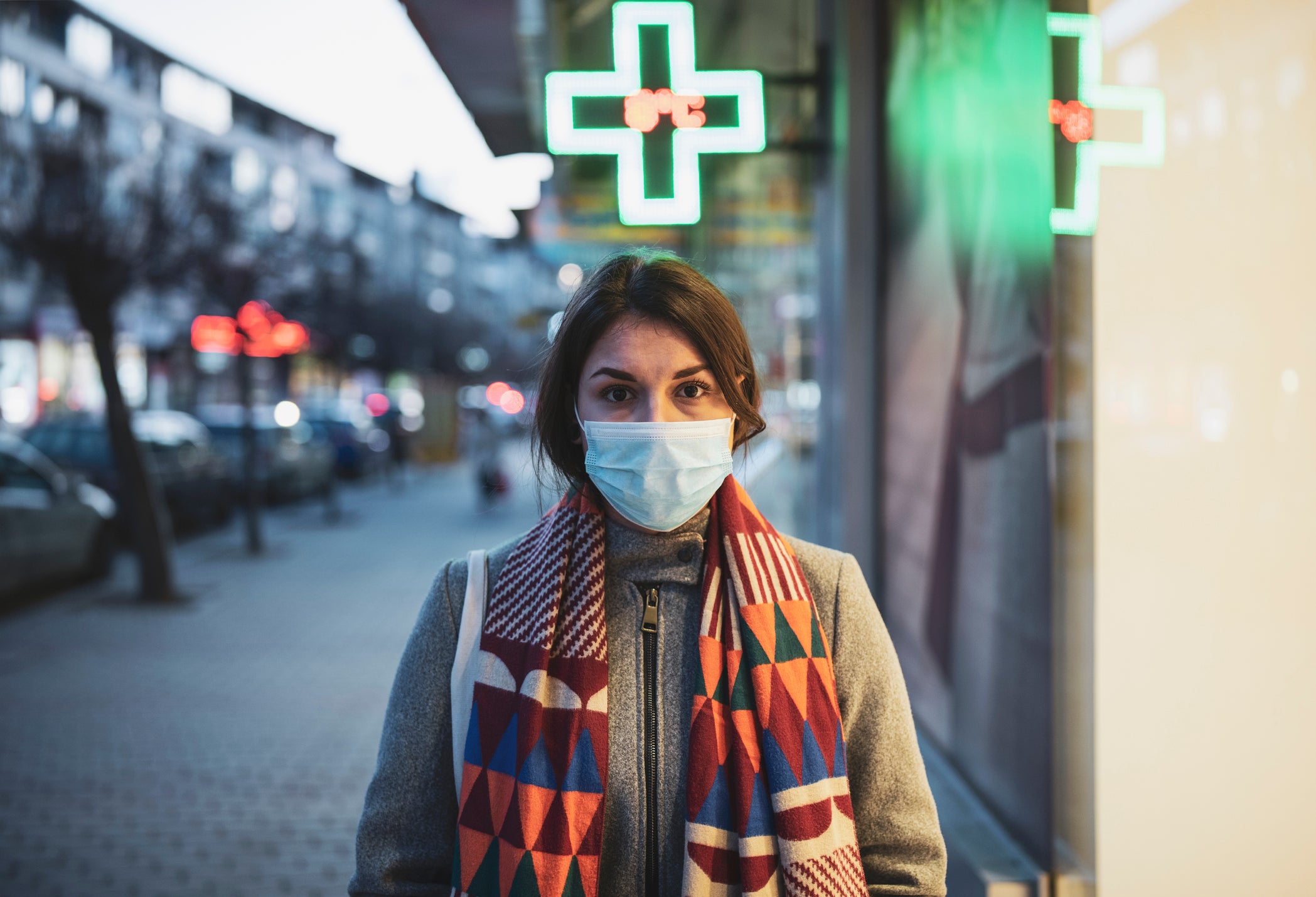When do non-essential shops open? Key dates for clothes and charity stores
Under step two of lockdown easing, non-essential retail will reopen

Your support helps us to tell the story
From reproductive rights to climate change to Big Tech, The Independent is on the ground when the story is developing. Whether it's investigating the financials of Elon Musk's pro-Trump PAC or producing our latest documentary, 'The A Word', which shines a light on the American women fighting for reproductive rights, we know how important it is to parse out the facts from the messaging.
At such a critical moment in US history, we need reporters on the ground. Your donation allows us to keep sending journalists to speak to both sides of the story.
The Independent is trusted by Americans across the entire political spectrum. And unlike many other quality news outlets, we choose not to lock Americans out of our reporting and analysis with paywalls. We believe quality journalism should be available to everyone, paid for by those who can afford it.
Your support makes all the difference.Non-essential retail has opened on Monday as part of the second phase of lockdown easing.
This is alongside the phased reopening of outdoor hospitality (pubs and restaurants), indoor leisure facilities (gyms) and personal care premises like hairdressers and nail salons.
The prime minister announced the plans in February for the reopening of non-essential shops and businesses, which have been closed since 6 January in the third national lockdown.
Here’s everything you need to know.
What counts as an ‘essential shop’?

Food shops, supermarkets, off-licences, corner shops, petrol stations, pharmacies, mobility and disability support shops, builder’s merchants, bicycle shops and bike and car repair services were all allowed to remain open during the lockdown.
Garden centres and agricultural supply shops are also categorised as essential retailers.
When will non-essential shops reopen?
Non-essential shops include everything from clothing, books, department stores and technology stores.
Mr Johnson said that from 12 April, under step two of lockdown easing, non-essential retail will reopen.
This is along with hairdressers and nail salons.
How have non-essential shops been impacted by the lockdown?
The pandemic has, understandably, witnessed a major pivot to online shopping, with ASOS reporting a spike in pre-tax profits of 329 per cent.
For many bricks-and-mortar retailers, the pandemic has been the final blow, however.
Household names including the Arcadia group (which includes Topshop, Miss Selfridge and Dorothy Perkins), Jaeger, Aldo, JM Lewin and Mothercare all went into administration during the pandemic.
Small and independent retailers have also been among the hardest-hit businesses during the pandemic.
Join our commenting forum
Join thought-provoking conversations, follow other Independent readers and see their replies
Comments